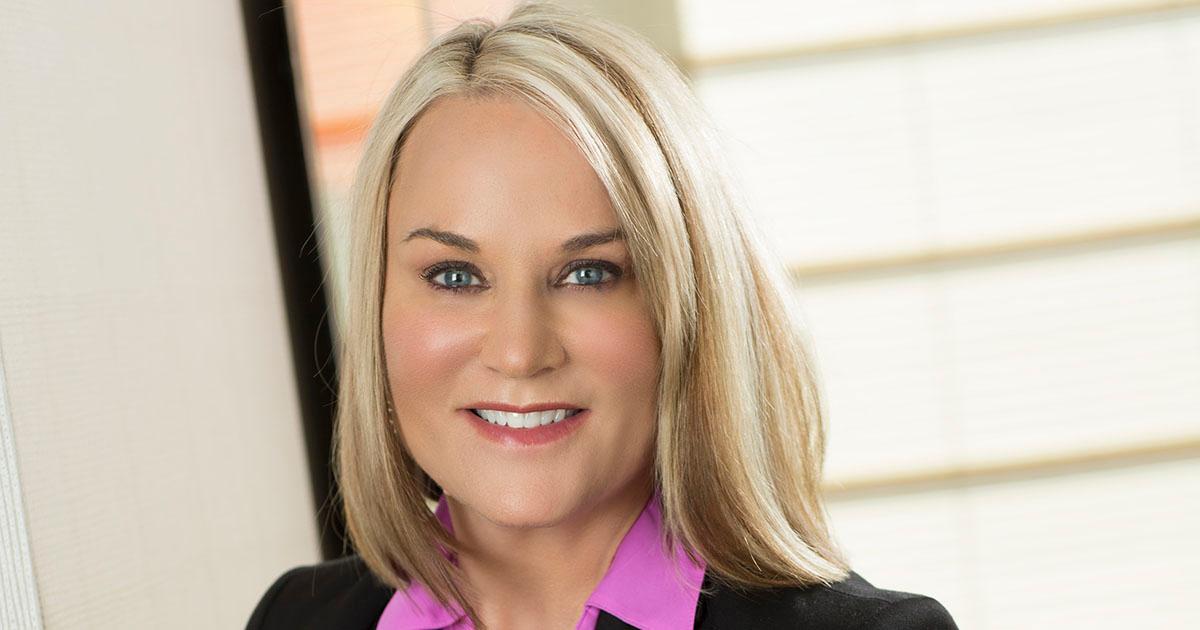Maintaining smooth relations with clients and co-workers, especially those of a different age, gender, background or mindset than oneself, is fraught with challenges these days. Marketing and customer service expert Kelly McDonald will deliver an MPI keynote presentation on Oct. 16 at IMEX America that explores what it takes to successfully navigate through a potential minefield of conflict and misunderstanding.
“With all different kinds of people working and thrown together as never before, there is more of a need for this than ever—especially if you are leader of a diverse team and need to corral their strength and minimize the friction between people,” she says. “The ones who succeed are the ones who can harness the diversity and conflict.”
While diversity is often thought of in terms of gender or ethnicity, McDonald maintains that the range of differences between people that need to be taken into account are far greater.
“When I talk about working with people not like you, I don’t even use the word ‘diversity’ because it’s too limited,” she says. “Beyond the obvious things like race, gender and age, it could be as simple as the fact that your boss is an extrovert and you’re not. Or you’re a morning person and your colleagues aren’t. Or perhaps you’re a creative thinker while others are more linear. You have people from rural backgrounds versus urban. Differences are practically unlimited.”
Today’s workplace presents even more differences than in years past, she adds.
“You’ve got increasing numbers of Millennials with far different expectations than Baby Boomers,” she says. “Then you throw in a global economy where you’re working with people from overseas and from very different cultures. Then you’ve got people working in the corporate office versus people working in the field.”
Meeting professionals are especially likely to be immersed in a work environment filled with people unlike themselves, McDonald says.
“As a planner, you work with a broader range of people than most other professionals do—the organization’s staff and members, plus speakers, agents, vendors and salespeople, etc.,” she says. “There are so many personalities to work with and it all has to be done seamlessly. Plus, you have to make your committee and your boss look good. If things go badly, you’re in the hot seat. So you have to make it all work.”
When addressing how to work with people of a different mindset, McDonald first of all tells her audience to not feel guilty over the frustration.
“If you are struggling to work with someone who is not like you, it doesn’t make you a bad person,” she says. “It just means you are having a hard time.”
McDonald then assures them that such discomfort is perfectly normal.
“Scientists will back this up—birds of a feather really do flock together,” she says. “When a 25-year-old walks into a room of older executives, the first thing they will do is scan the room for someone who looks like them. This is human nature.”
Among practical tips for resolving conflicts, McDonald’s favorite tactic is to use the term “I see it differently.”
“When things get difficult, rather than be argumentative, I simply use this statement,” she says. “What it does is encourage dialogue rather than an argument. You want to move from a debate into a constructive conversation. It gives dignity to the person you are speaking with and gives you dignity too.”
McDonald also explores real-life differences that frequently occur in the workplace, including the way men and women make decisions. For example, she maintains that while women are comfortable with a lot of options, men tend to prefer a more limited choice.
For meeting planners, this means taking into account the gender of a decision-maker when presenting options for a meeting site.
“If your boss is a woman, you can present 12 different places you’ve inspected, as she’s more likely to make time for considering them,” McDonald says. “If your boss is a man, let him know you’ve looked at 12 possibilities, but only present him with the top three. Don’t make him walk through them all.”
McDonald, who spent 25 years with a global advertising agency, has long been involved with research on marketing trends and consumer behavior. Along the way, she saw the need for providing people with useful insights for dealing with customers and colleagues in an increasingly complex environment where the wrong word or social media post can sabotage a transaction or even end a career.
“That’s when I developed the Not Like You brand, because I could see that people are paralyzed with fear,” she says. “They don’t know if the next thing they say or do will cost them their job. They’re afraid to say something, so they say nothing and it eats away at them. The solution is learning a better way to say it—you can disagree without being bombastic.”
McDonald, a Denver-based hiking enthusiast who also loves shopping for high heels, is the author of several bestselling business books, most recently How to Work With & Lead People Not Like You. She is frequently on the road speaking to a wide variety of organizations, including nonprofits, professional associations and corporations.
“There’s practically no industry I haven’t addressed, even funeral directors and corn maze operators,” she says. “The principles don’t change, but the industries are very different, so I work with the planner to do something very customized.”
McDonald is deeply gratified by the feedback she gets from readers and audience members.
“People seem so hungry for this now,” she says. “We spend 40-plus hours working with people not like us and it’s not easy. A woman shook my hand after a session, locked eyes with me and said, ‘Thank you, I needed this and I needed this today.’ This stuff matters.”







